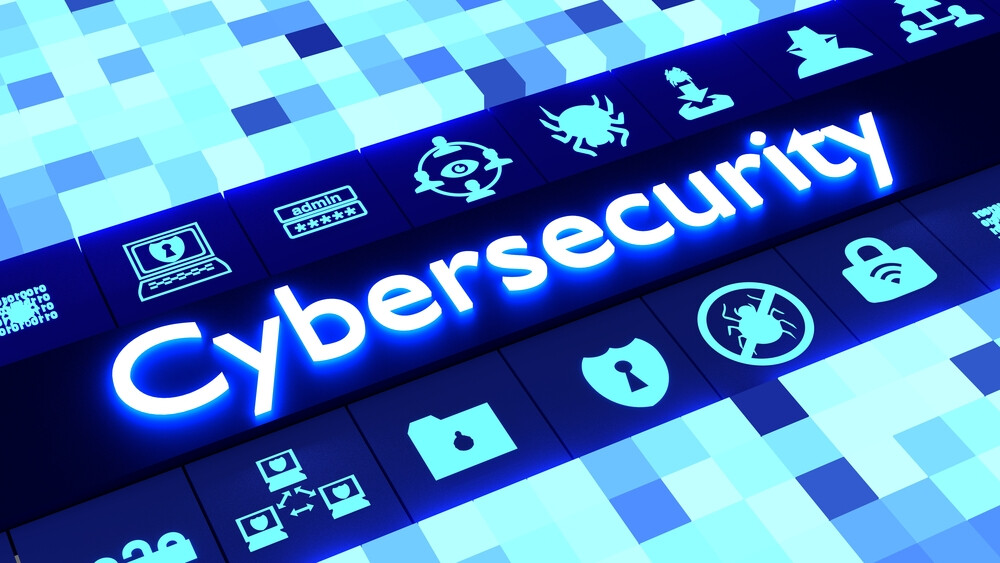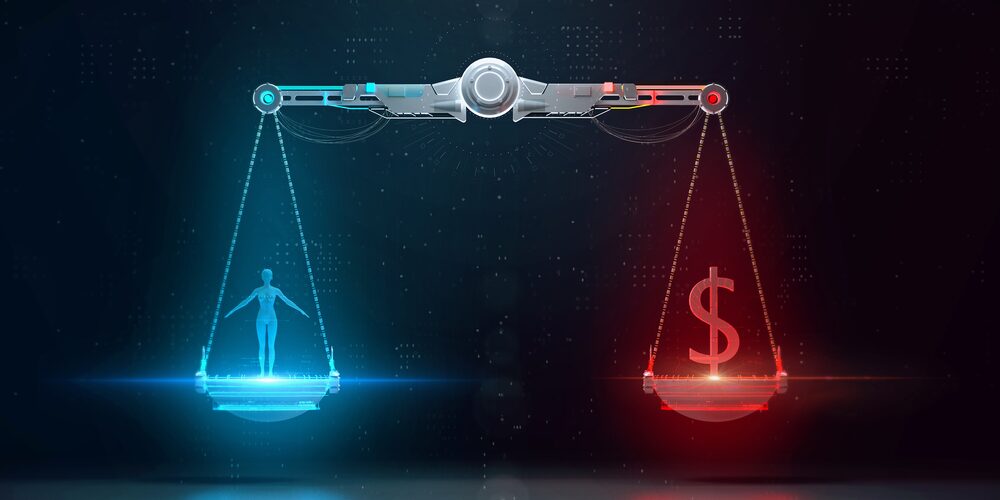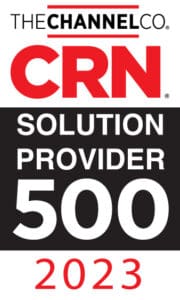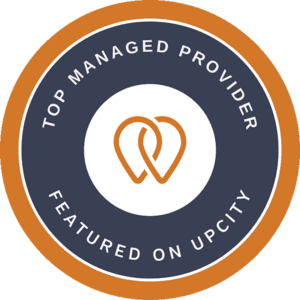America champions the entrepreneurial spirit: the notion that anyone with a viable idea and the will to make it a reality can grow a business. In today’s digital world, operating a small to midsize business is both increasingly possible and exceedingly complex. Companies with fifty or fewer employees must rely on technology even more than major corporations. Yet, with limited resources, they suffer greater vulnerability to cyber threats. SMBs need cybersecurity services that include 24-7 security monitoring and auditing.
Continuous cybersecurity monitoring and auditing use automated compliance and risk-management protocols to detect cyber threats, including unauthorized access, control failures, and attacks from outside entities. Auditing guards a company’s internal compliance protocols, whereas monitoring maintains vigilance against exterior threats. In tandem, the two provide real-time alerts to sophisticated risks that firewalls, antivirus programs, and other traditional security measures cannot detect. That level of security benefits a small to midsize business in six significant ways.
1. The Operative Word Is Continuous
Your digital footprint’s complete and constant visibility is far more advantageous than point-in-time threat assessments. Anything can occur in the vast stretches of time between reports and, unlike the proverbial tree in the forest, an unobserved worm, trojan horse, or virus that gains entry to your systems will definitely do damage. It’s critical to constantly monitor your network for both internal and external threats.
2. Cybersecurity Services Make Your Business a Hard Target
In the wake of attacks such as 9/11 and the 7/7 bombings in London, the public learned a new term. Terrorists preferred soft targets, ones that are less guarded and easier to reach. The same is true for cyberterrorists. While attacks on major corporations have made the news in recent years, that has only motivated big businesses to invest heavily in cybersecurity.
Consequently, hackers are turning their attention to small to midsize businesses. With the recognition that limited financial resources and a lack of in-house expertise make SMBs softer targets, ransomware and other attacks are being directed toward companies less able to protect themselves. Continuous monitoring makes your digital environment a much harder target for ransomware and other exterior attacks.
3. Offers Greater Understanding and (Cost) Control of Your Digital Operations
Continuous monitoring is comprehensive as well as constant, but cybersecurity’s risk-management aspect is only effective when a company’s entire digital landscape is mapped out in minute detail. Hackers will exploit any unwatched access points to enter and abscond with your hard-earned profits.
Greater knowledge of your digital landscape allows you to protect yourself more effectively, but it also provides information that can help you develop more lucrative strategies and make better decisions. In providing security by identifying and closing gaps, automated control makes your security operation more cost-effective, improving your bottom line and enabling you to allocate funds to other needed areas.
4. Monitors Compliance with Privacy Regulations
While continuous monitoring protects your business from cyber threats, continuous auditing protects your business from itself. Governments around the world are taking client privacy rights seriously. Following the lead of the European Union, countries such as Brazil, Canada, and Australia have drafted their own laws to ensure companies do not expose clients’ personal data through indifference or negligence. While the federal government considers legislation in America, states such as New York and California have already acted independently.
This legislation covers various personal data, including clients’ contact information, social security numbers, medical history, credit history, and credit card and banking information. It is rapidly becoming the responsibility of companies to protect all such data everywhere they do business. Continuous auditing can factor in local and international data privacy and breach notification laws to develop compliance protocols that protect your business from prosecution.
5. Minimizes Third-Party Risk
Even in an increasingly automated economy, some tasks are better handled by employees. Human resources, therefore, remains a small to midsize business’ greatest expense. Consequently, many companies outsource or subcontract aspects of their business to third-party vendors. When doing so, it is often necessary to share client data with those vendors, exposing your business to further security risks.
A strong cybersecurity services partner will include third and fourth-party vendors in your digital landscape. They recommend protocols, such as virtual private networks and secure payment services that can minimize the risk of data breaches and other mishaps caused by independent contractors without sufficient security measures of their own.
6. Increase Your Business’ Ability To Respond To Threats
Protecting your business isn’t always a deterrent. Some hackers take it as a personal challenge to game the most stringent security measures. If your business suffers an attack, it must respond quickly to contain or repel the threat. The Ponemon Institute, dedicated to furthering safe, responsible data usage, recently reported that the time to respond effectively to a data breach ranging from ten to 164 days. Clearly, security protocols that hasten containment and remediation are critical.
Often, attacks succeed due to a “boy who cried wolf” condition known as alert fatigue. The stronger the firewall, antivirus, or endpoint security, the more alert-happy it can be over minor issues, causing IT staff to ignore the constant warnings and allow a real threat sufficient time and space to invade. Automation technology featuring continuous mediation and automation, tailored to your business needs, filters out the meaningless warnings, allowing IT staff to focus on real threats.
How Will Continuous Monitoring Protect You?
Small to midsize companies need a competitive edge to swim with the big fish. However, that competitive edge often involves streamlining operations and contracting services such as payroll, delivery, IT, and cybersecurity. On the other hand, trust is also an issue. Studies have proven that SMBs are more comfortable with services delivered at the regional or community level.
Edafio experienced this first hand when we built our own IT department in a barren market. In 1999, that department began taking on outside clients and has grown into a respected organization that provides top-notch IT and security monitoring services to small and midsize businesses in the southeastern United States. Contact Edafio Technology Partners today for a consultation regarding your cybersecurity needs.








